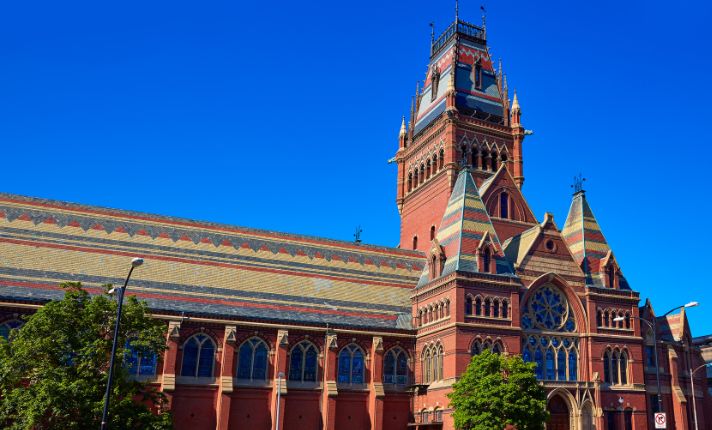Harvard University, one of the most prestigious institutions in the world, often confuses people with its various schools and programs. One common source of confusion is the distinction between Harvard College and Harvard University. While they are closely related, they serve different purposes and cater to different academic needs.
Harvard University: A Legacy of Excellence
Harvard University is renowned worldwide for its academic excellence, groundbreaking research, and esteemed faculty. Founded in 1636, it is the oldest institution of higher education in the United States and consistently ranks among the top universities globally.
As a comprehensive research university, Harvard comprises multiple schools and faculties, including the Harvard Business School, Harvard Law School, Harvard Medical School, and the Harvard Kennedy School, among others. These schools offer a wide range of undergraduate, graduate, and professional programs spanning various fields of study.
Harvard University’s commitment to interdisciplinary collaboration and innovation has led to groundbreaking discoveries and advancements in numerous fields, making it a hub for cutting-edge research and academic inquiry.
Harvard College: The Undergraduate Experience
Harvard College, on the other hand, is the undergraduate liberal arts college at Harvard University. Established in 1636 alongside the university itself, Harvard College provides a transformative educational experience for undergraduate students.
At Harvard College, students have the opportunity to pursue a Bachelor of Arts or Bachelor of Science degree in a diverse array of disciplines, ranging from the humanities and social sciences to the natural sciences and engineering. The college emphasizes critical thinking, intellectual curiosity, and interdisciplinary learning, preparing students to excel in their chosen fields and make meaningful contributions to society.
One distinctive aspect of Harvard College is its residential house system, which fosters a close-knit and supportive community among students. Each house provides housing, dining, and social activities, creating opportunities for students to form lasting friendships and engage in vibrant intellectual discussions outside the classroom.
Distinguishing Between the Two
While Harvard College is an integral part of Harvard University, it is essential to recognize the distinctions between the two entities:
Focus: Harvard College is primarily focused on undergraduate education, offering Bachelor’s degrees in various disciplines, while Harvard University encompasses multiple graduate and professional schools in addition to the undergraduate college.
Admissions: Admission to Harvard College is highly competitive, with a selective acceptance rate, while admission to Harvard University’s graduate and professional schools involves separate application processes and criteria.
Degree Programs: Harvard College offers Bachelor’s degrees, whereas Harvard University’s graduate and professional schools offer advanced degrees such as Master’s, Ph.D., J.D., M.D., and others.
Resources: Both Harvard College and Harvard University provide students with access to world-class faculty, research facilities, libraries, and extracurricular opportunities, but the specific resources available may vary depending on the student’s academic program and interests.
In summary, while Harvard College and Harvard University are closely intertwined, they serve distinct roles within the broader institution. Harvard College offers a transformative undergraduate experience rooted in the liberal arts tradition, while Harvard University encompasses a diverse array of graduate and professional schools dedicated to advancing knowledge and fostering innovation.
For more information about Harvard College and Harvard University, visit their official websites: Harvard College and Harvard University.
